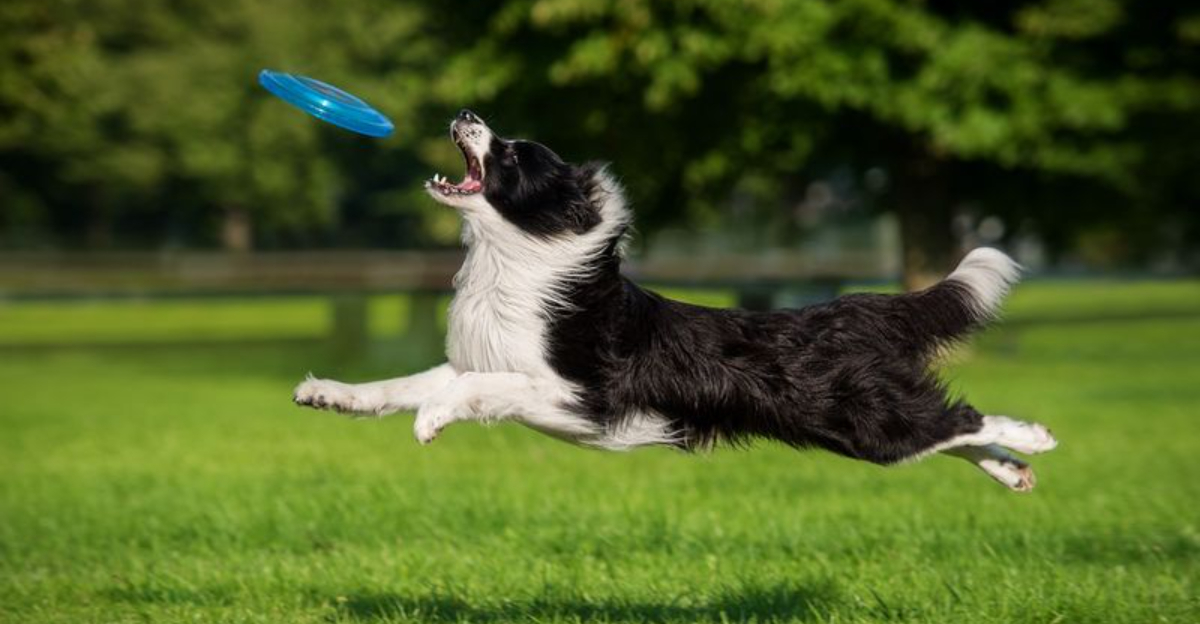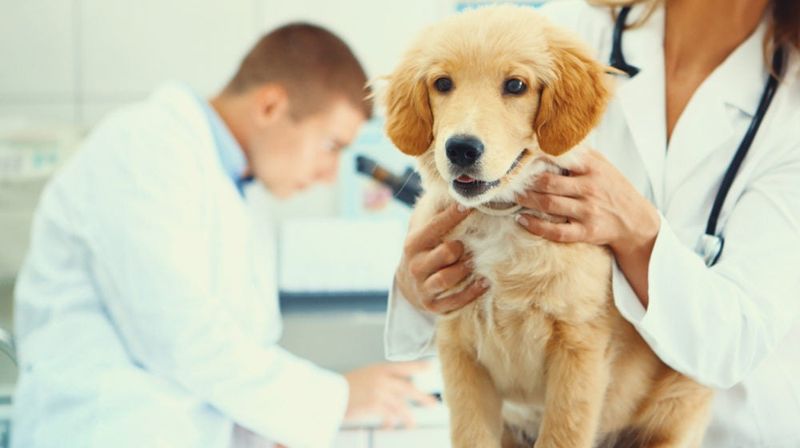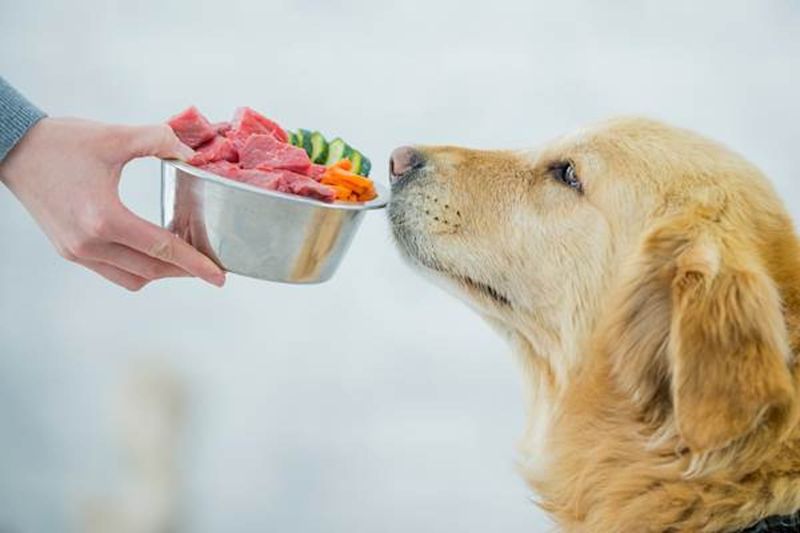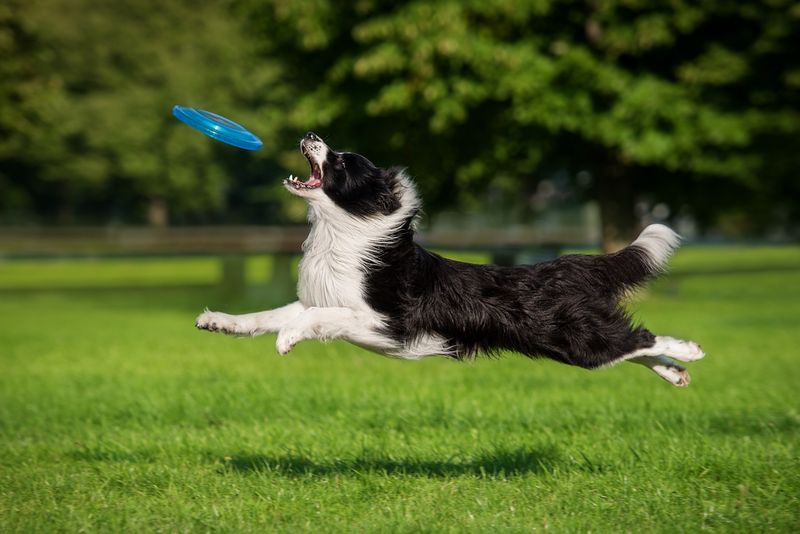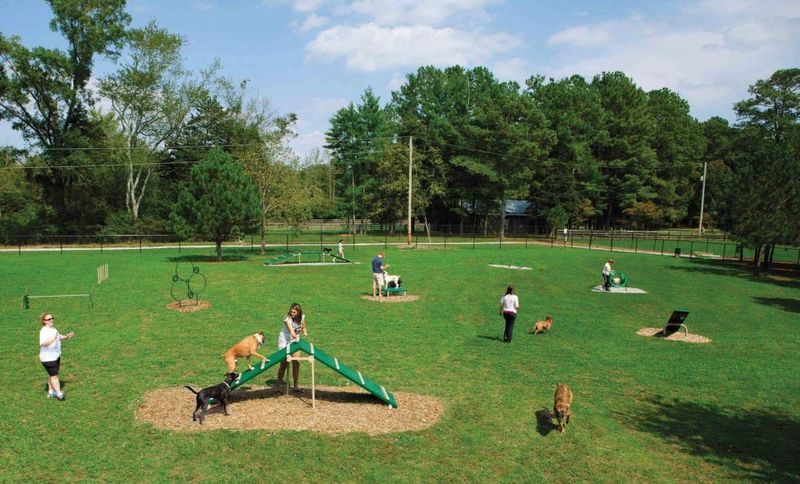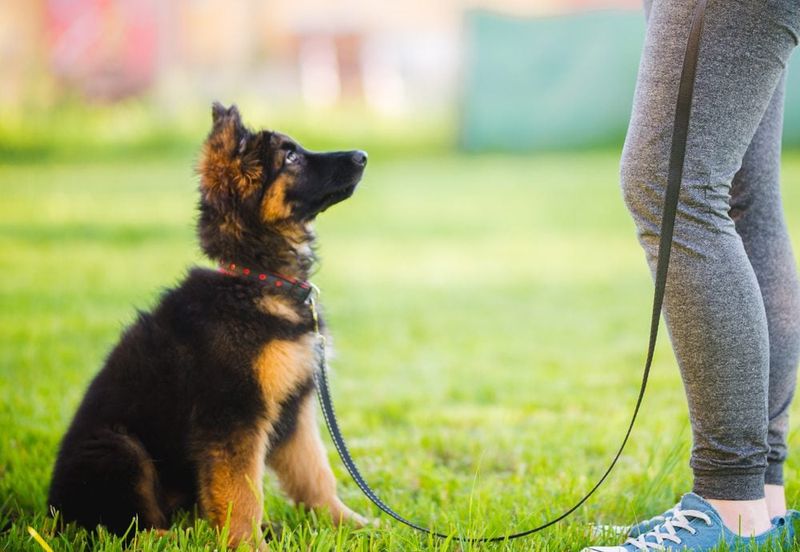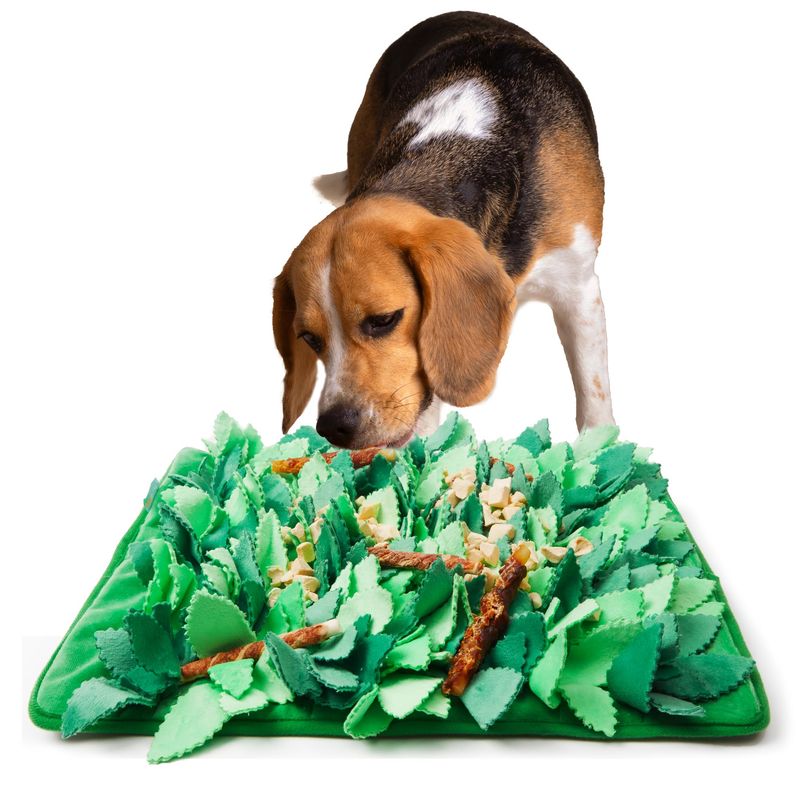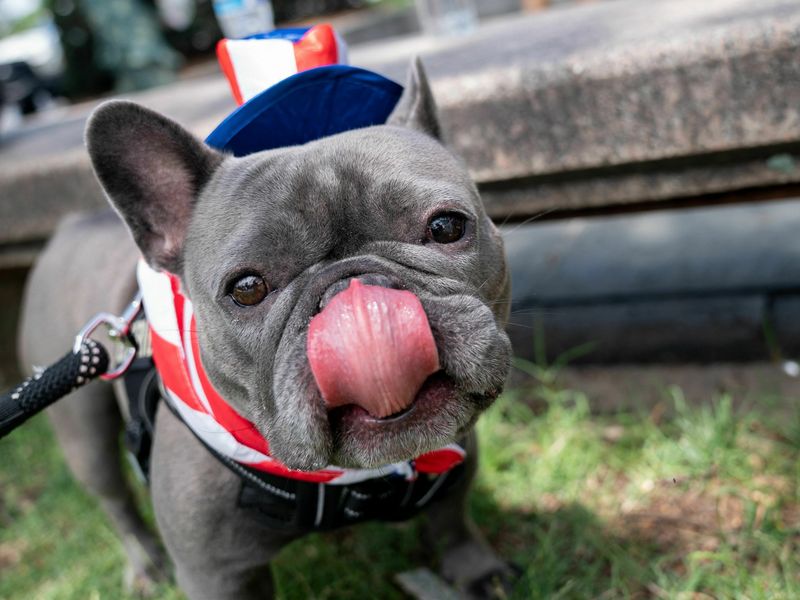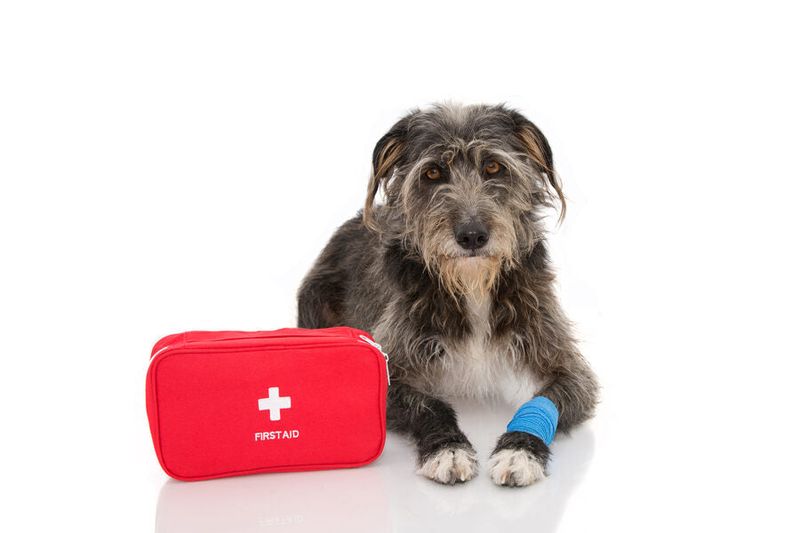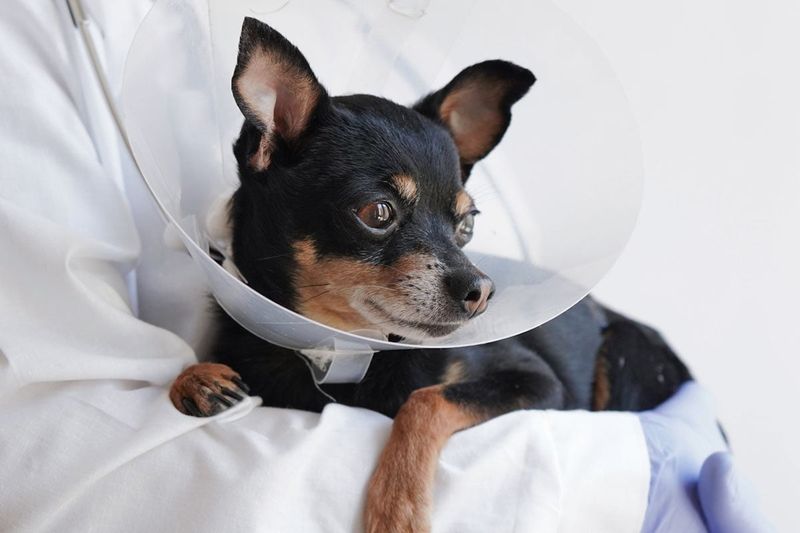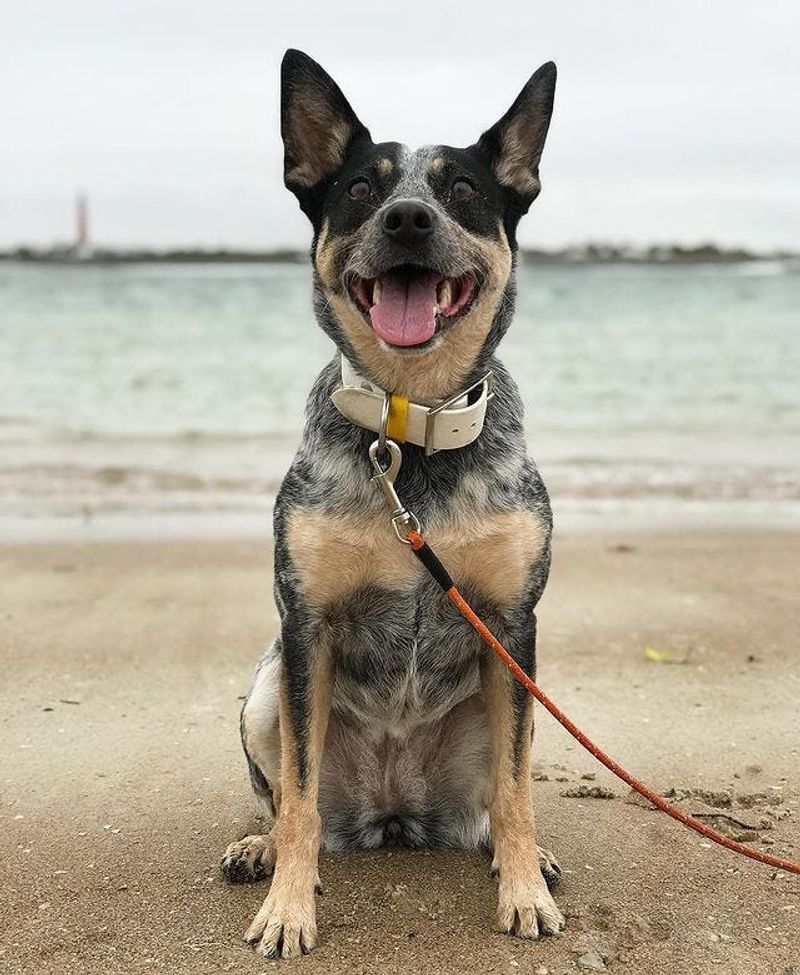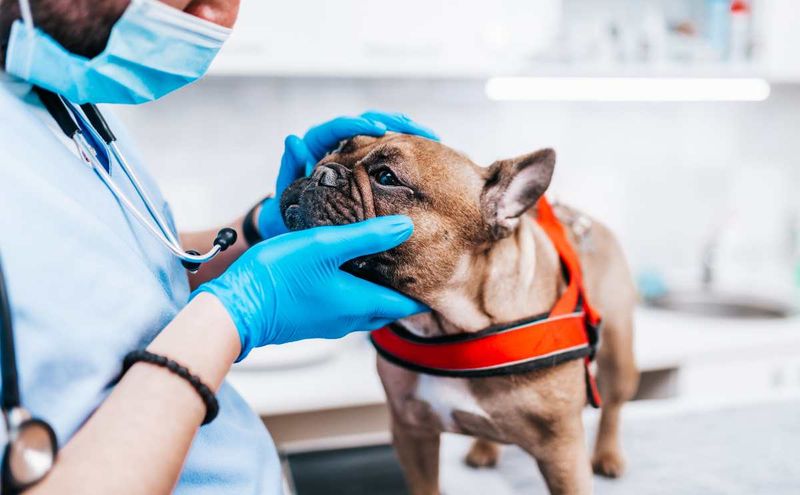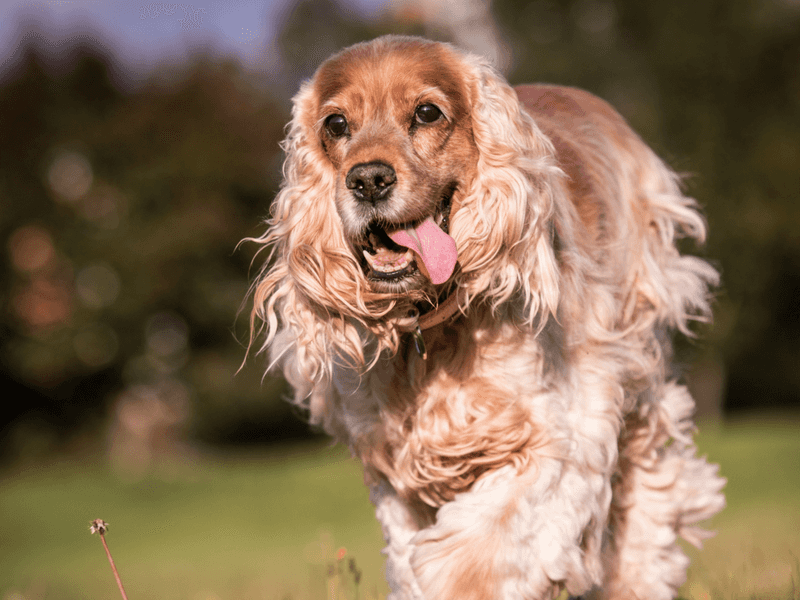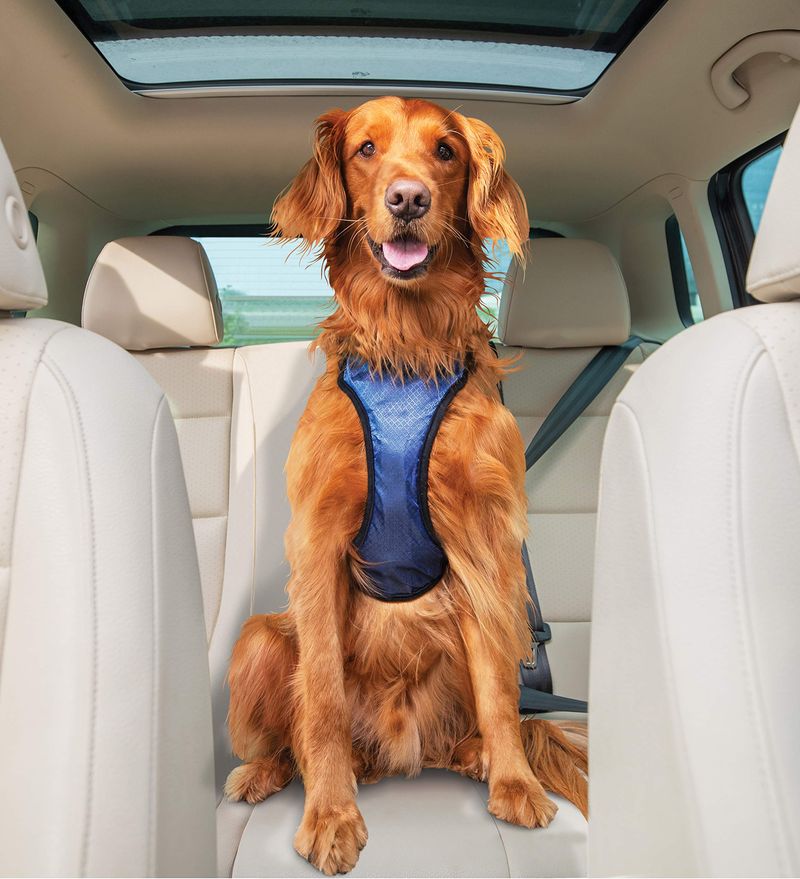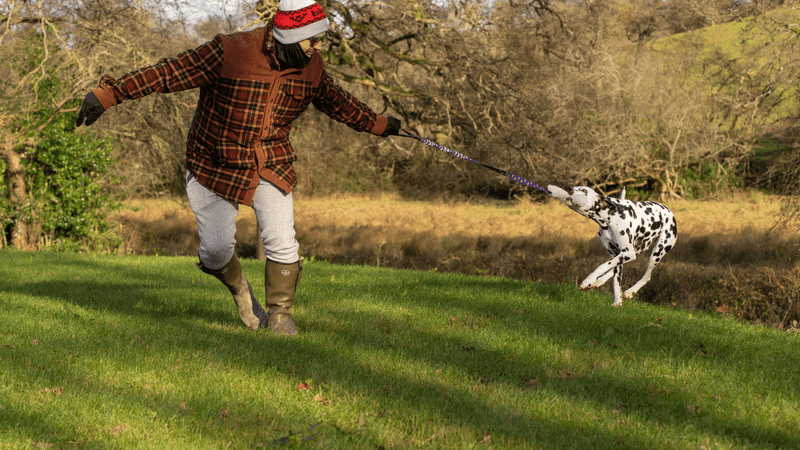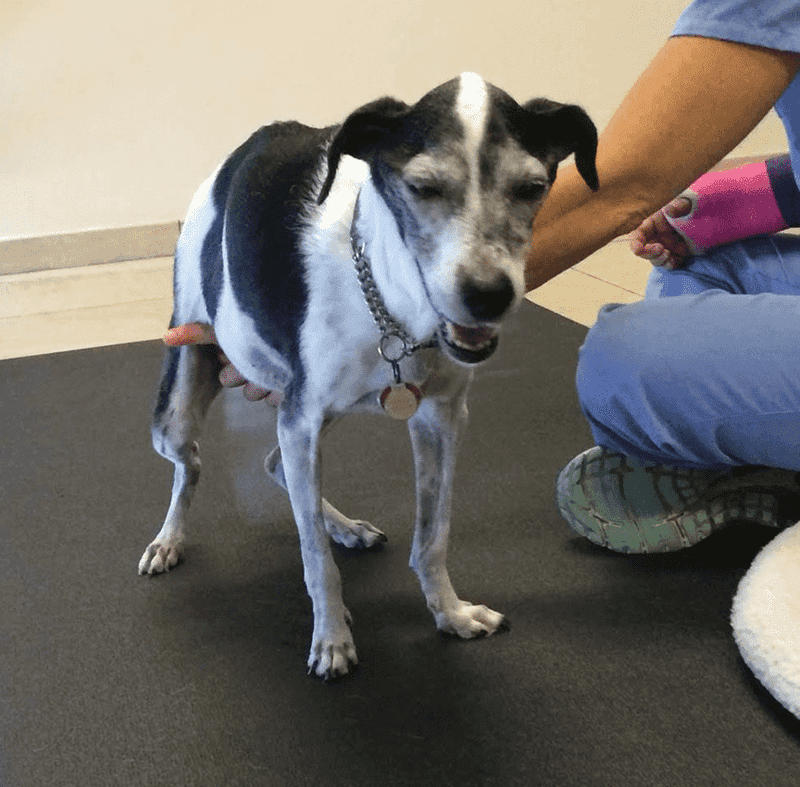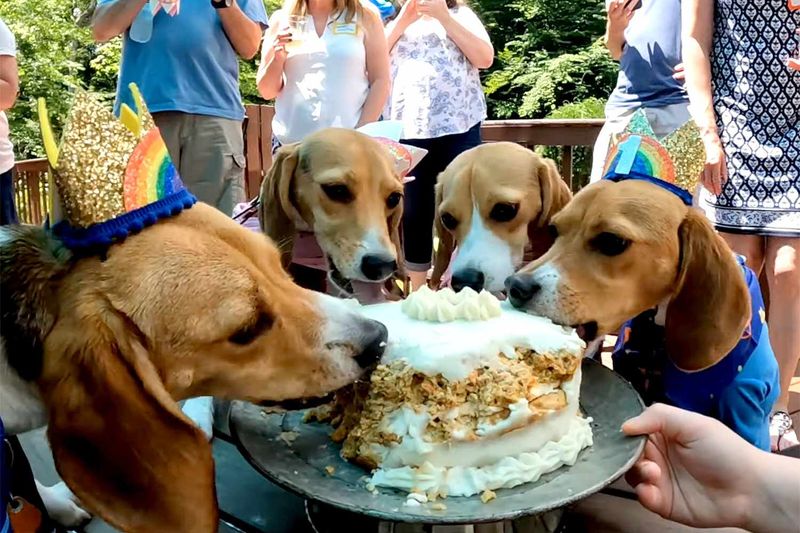Being a dog owner is not just about cuddles and companionship. It’s a journey filled with responsibilities and love that shapes the lives of both the pet and the owner. A responsible dog owner ensures the welfare, happiness, and health of their furry friend. Here are 19 essential things that define responsible dog ownership.
Routine Vet Visits
Caring pet owners prioritize their dogs’ health with regular vet visits. Scheduling annual check-ups ensures vaccinations are up to date and any health issues are caught early. Vets can provide valuable advice tailored to your pet’s breed.
Routine visits also help in building a health history, which is crucial in emergencies. This preventative care keeps pets healthy and can save money in the long run. Dogs, much like humans, thrive with consistent medical attention.
Proper Nutrition
Feeding dogs a balanced diet is key to their overall well-being. Responsible owners research the best food options, considering age, breed, and activity level.
High-quality ingredients and proper portion sizes prevent obesity and related diseases. A nutritious diet supports shiny coats and strong teeth. Consulting with a vet can further refine dietary choices.
For many, home-cooked meals or premium store-bought brands are preferred choices to ensure their dogs receive optimal nutrition.
Daily Exercise
Dogs need daily exercise to maintain physical and mental health. Owners who commit to regular walks, runs, or play prevent boredom and behavioral issues.
Exercise routines vary but often include walks, fetch, or agility training. These activities strengthen the bond between dog and owner.
Physical activity is essential; it keeps dogs fit and happy. Whether it’s a simple walk or a complex training session, exercise is a cornerstone of responsible pet care.
Socialization Skills
Socializing dogs from a young age fosters well-rounded behavior. Owners introduce their pets to various environments, people, and other dogs.
Positive social experiences reduce aggression and anxiety. A well-socialized dog adapts better to new situations and is less stressed.
Dog parks, training classes, and playdates are excellent for social interaction. These activities build confidence and contribute to a happier pet life.
Training and Obedience
Training is crucial for a harmonious household. Teaching basic commands like ‘sit’ and ‘stay’ promotes good behavior and safety.
Obedience training strengthens communication between dog and owner. It’s a rewarding process that enhances trust and respect.
Using positive reinforcement, responsible owners guide their pets to become well-mannered companions. Training is an ongoing commitment.
Professional trainers can offer additional support, especially for challenging behaviors or advanced skills.
Providing Enrichment
Mental stimulation is as important as physical exercise. Providing enrichment through toys, puzzles, and games keeps dogs entertained.
Interactive toys challenge their minds and reduce destructive behavior. Dogs who are mentally engaged are happier and less anxious.
Variety in enrichment activities ensures that dogs remain interested and stimulated. Owners who invest in mental wellness see a marked difference in their dogs’ overall demeanor.
Safe Environment
Creating a safe home environment prevents accidents and injuries. This includes securing fences, removing hazards, and providing a designated play area.
Safety measures extend indoors, where harmful substances are kept away from curious paws. Childproofing techniques are often used.
A well-secured environment allows dogs to explore and play without risk. Responsible owners regularly inspect and update their homes to maintain safety standards.
Emergency Preparedness
Preparedness for emergencies is a hallmark of responsible ownership. Having a pet emergency kit and a plan ensures readiness for unforeseen events.
Kits typically include food, water, medical supplies, and identification copies. Owners familiarize themselves with safe evacuation routes.
Being prepared minimizes stress in crises. Knowing your pet’s needs and having resources prepared can make a significant difference during emergencies.
Regular Dental Care
Dental health is often overlooked but vital for dogs. Responsible owners brush their dog’s teeth regularly to prevent gum disease.
Dental chews and toys also contribute to oral hygiene. Veterinarian dental check-ups ensure problems are addressed early.
Keeping teeth clean is essential. It prevents bad breath and health issues related to poor dental care. A dedicated routine promotes longevity and well-being.
Spaying and Neutering
Spaying and neutering prevent unwanted litters and contribute to health benefits. Owners make informed decisions with veterinary guidance.
The procedure reduces risks of certain cancers and behavioral issues. It promotes a longer, healthier life for pets.
Understanding the importance of this decision encourages responsible pet ownership. It’s a significant step toward reducing overpopulation in shelters.
Respecting Leash Laws
Leash laws exist to protect both dogs and communities. Responsible owners adhere to these laws, ensuring their dogs are leashed in public spaces.
Leashing prevents accidents and maintains control, especially in busy areas. It’s also a sign of respect for other people and animals.
Walking with a leash builds discipline and safety. It’s a key aspect of being a considerate and responsible dog owner.
Pet Insurance
Pet insurance offers financial peace of mind against unexpected medical expenses. Responsible owners invest in policies tailored to their pet’s needs.
Plans vary from basic coverage to comprehensive packages. Researching and choosing the right insurance ensures that pets receive necessary care.
Having insurance protects against high veterinary costs. It empowers owners to make health decisions based on what’s best for their pet, not financial constraints.
Providing Shelter
Quality shelter is fundamental for a dog’s comfort. Responsible owners ensure their pets have a safe, weatherproof place to rest.
Shelters protect from harsh weather and provide a personal space for dogs. Indoors, a designated bed area serves a similar purpose.
Every dog deserves a comfortable living environment. Providing shelter is a basic yet crucial aspect of responsible ownership.
Travel Safety
Safety during travel is crucial for dogs. Using seatbelts or crates ensures that pets are secure during car rides.
Travel safety reduces the risk of injury and distraction. Proper equipment provides peace of mind and comfort for both pet and owner.
Adhering to travel safety guidelines exemplifies responsible dog ownership. It’s an investment in the well-being of your furry companion.
Spending Quality Time
Quality time strengthens the bond between dog and owner. Engaging in activities like playing, walking, or simply being together enhances relationships.
Dogs thrive on attention and companionship. Consistent interaction fosters loyalty and happiness.
Investing time in your dog’s life is rewarding. It builds trust and creates lasting memories that are cherished for a lifetime.
Recognizing Pain and Illness
Understanding a dog’s body language is vital. Responsible owners recognize signs of pain or illness and act promptly.
Observing changes in behavior, appetite, or energy can indicate health issues. Early recognition and veterinary consultation are crucial.
Being attuned to your dog’s needs is a mark of compassionate ownership. It ensures timely care and promotes a healthy, happy life for your pet.
Understanding Breed Traits
Each breed has distinct traits. Understanding these helps owners cater to their dog’s specific needs.
Researching and embracing a breed’s characteristics align with responsible ownership. It guides training, nutrition, and care decisions.
Knowledge of breed traits enhances the relationship between dog and owner. It ensures a fulfilling life tailored to the pet’s natural inclinations.
Supporting Aging Dogs
Older dogs require special care. Adjusting routines to accommodate aging pets reflects responsible ownership.
Providing soft bedding, joint supplements, and regular health checks are vital. Understanding changes in energy and behavior is essential.
Supporting aging dogs is a loving commitment. It fosters a continued bond and ensures their golden years are comfortable and happy.
Celebrating Special Occasions
Celebrating milestones creates memories. Responsible owners include their pets in special occasions with treats, toys, and activities.
Birthdays, adoption anniversaries, and holidays become shared experiences. These celebrations strengthen the family bond.
Acknowledging special occasions enriches a dog’s life. It highlights the love and joy they bring to a household.
